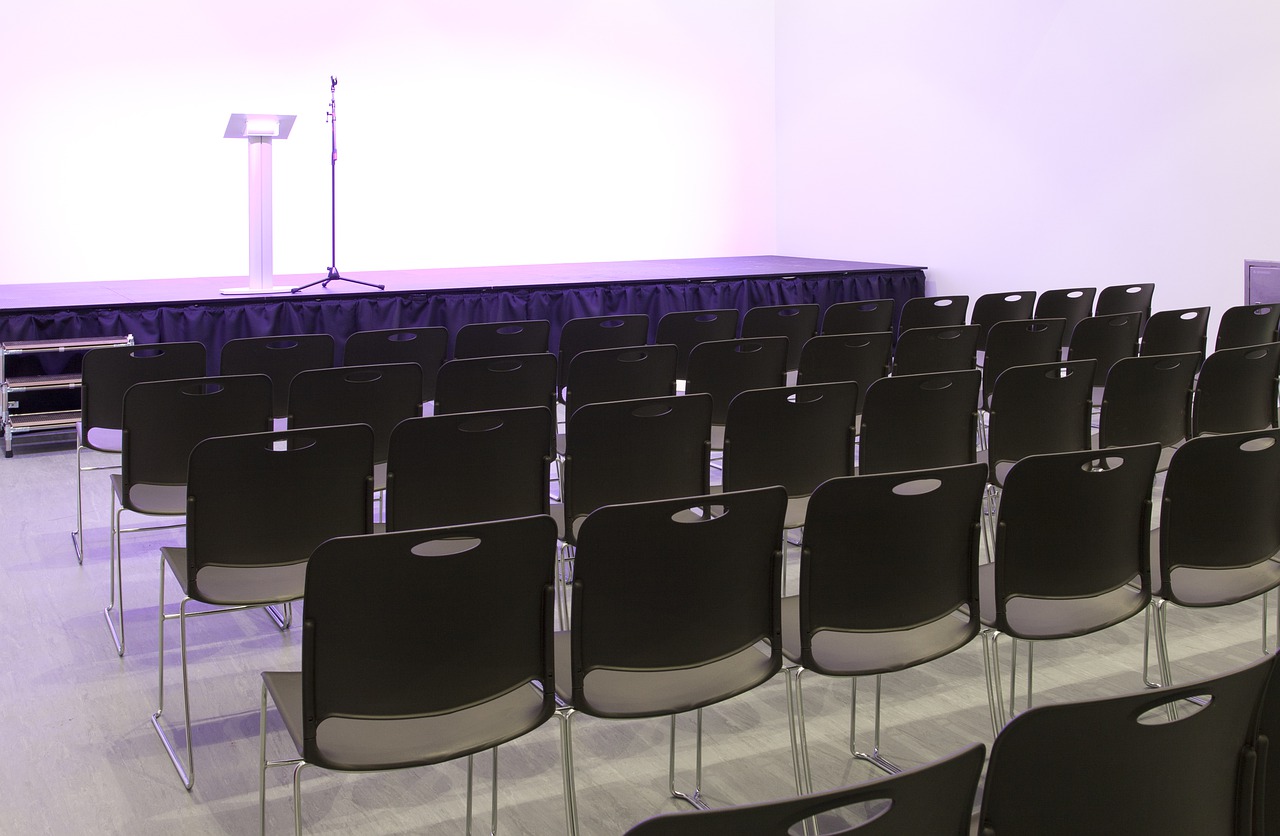Are the days of looking up to our leaders a thing of the past?
Perhaps looking up to them has now unfortunately evolved to looking to them to learn how not to behave.
With no political agenda or preference, I will break down the behavior, not the man.
The moderator. I believe he set the right tone. He clearly stated the agreed upon guidelines and format to serve as a reminder.
Mr. Wallace made many attempts to control the “classroom,” with little results. It was almost futile to try. He was basically, the substitute teacher that no one listens to.
Could Mr. Wallace have done more? No. Not without becoming more aggressive, loud, and bordering disrespectfulness. I guess he could have taken ruler in hand, threatening to swat their hands. I commend Chris Wallace for taking his school-teacher like approach only so far.
Wrap-up: Knowing that President Trump is not one to follow anyone’s rules, why in the world did the debate committee think an open-discussion format would work! And, knowing that former Vice President Biden is not a strong-willed conversationalist, his message would certainly be challenged mid-sentence. Poor habits do not excuse the behavior. Bad choice committee.
Chris Wallace tried to maintain his composure and made an effort to give dignity that this event requires.
If we completely lose civility, the foundation and protocol of this tradition, it will not only be a sad day, but the unraveling of our society.
The debaters. Did one follow the rules more than the other? Are we quick to overlook certain behaviors? Do we allow our hate or support blur the lines of what is acceptable? Do we justify “our man’s” comments or behavior?
I am not going to defend one or the other, or even mention who did what. I’ll let the news outlets dissect it. But I will point out several breaches of protocol and bad manners.
You have two-minutes: Clear isn’t it? This means, it is your turn to speak, presumably without being interrupted.
Interrupting someone isn’t just bad manners, it makes it impossible for anyone to hear the entire point. So, in this case, the people lost.
Tip: Jot it down so that when it’s your two-minutes, you can address it, correct it, and make your point.
Facial expressions: Politicians are trained and groomed by experts. Apparently, controlling smirks, rolling of eyes, shaking of head is now a part of debating. Learning to control our expressions and body language is “business 101.” In diplomatic circles, showing disdain or grimacing when someone is speaking is considered very rude, unpolished, and lacking in decorum. Is this an outdated notion? Would other world leaders agree?
I understand that on occasion, most of us have unconsciously reacted with an annoyed sigh, nodding of the head, or a churlish grimace. In my humble and professional opinion, the Presidential debate is not such an occasion.
Incivility and cheap shots: I guess anti-bullying and no-name-calling public service commercials didn’t make it to Washington D.C. (This makes smirking less of a faux pas.)
Again, if you are someone who loathes one of the candidates, you may think that name-calling was well-earned and deserved. I stand by your right to feel that way. However, I ask you this, would you counsel a young person to choose this behavior?
It would go something like this: If you disagree with or hate your boss, a coworker, a neighbor, your girlfriend’s parents, or your uncle, it is understandable and acceptable to call them names or tell them to shut-up. If you’ve determined that they are a jerk, go for it. If they say something that you find offensive or believe it’s wrong, go for it.
And by the way, if you like/agree with someone, overlook their rude words and behavior. But if you don’t like them, be sure you plaster it all over social media.
If a leader can lose it under these somewhat controlled circumstances, how will they handle themselves when dealing with hostile leaders or members of the opposing party?
Wrap-up: It seems that it isn’t popular to draw a line in the sand to determine what is acceptable behavior and what isn’t. Are we allowing our emotions to dictate our actions and words instead of our reasoning and integrity?
While our leaders do influence and set a tone, we still have a choice to emulate their behavior or not.
No one can mandate how I think, conduct myself, or choose the words I speak. So, blaming our leaders and people of influence would only be an excuse to say and act however I want. Just sayin’.
Keep in mind that our children are watching and learning, not just from our leaders, but also from us. How we express our opinions is how they will toward their teacher, a friend’s parent, or with you.
I still hang on to what my parents taught me, “We must always respect the office, whether it is the person you voted in or not.” Moreover, they taught me that “my side” can’t always win. We must graciously accept how the majority voted.
Dear candidates, all I want to know is what you are going to do, how you are going to do it, and how you plan on paying for it.
Related article: Surviving the Presidential Debate
Rosalinda Oropeza Randall, Civility and Etiquette Expert, Media Source, and author of “Keep Your Distance! Your guide to common dilemmas in uncommon times.”






